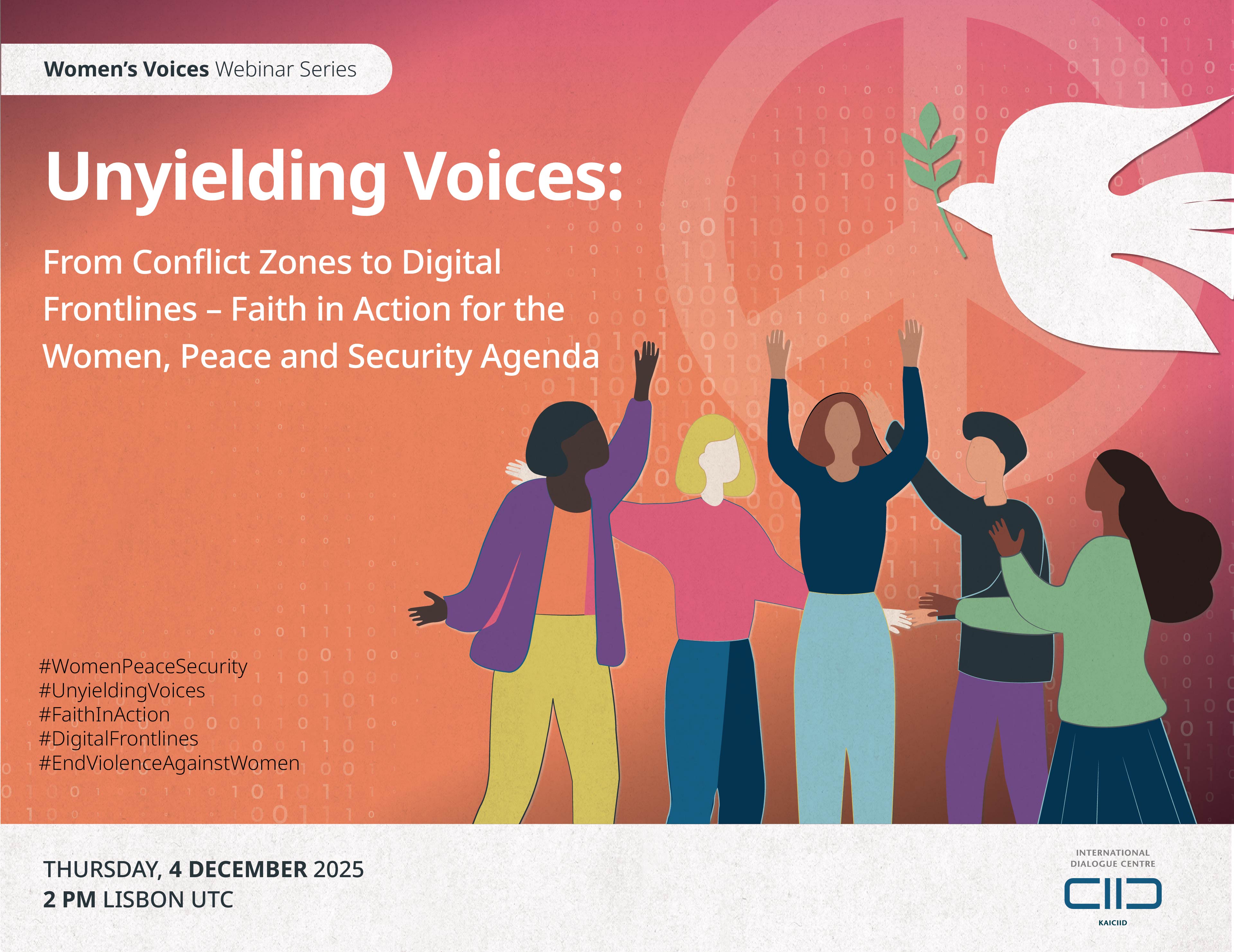Aligning with the Women, Peace and Security framework and the UN Women 2025 theme “UNiTE to End Digital Violence Against All Women and Girls,” this webinar addresses digital violence as a contemporary peace and security challenge. Online spaces - once seen as enablers of connection - have become new arenas of conflict, where gender-based abuse, misinformation, and digital harassment silence women mediators and peacebuilders. “Unyielding Voices” will draw attention to the enduring gap between policy frameworks and lived realities: women remain instrumentalized in conflict while structural change and sustainable peace remain elusive.
Yet across regions and realities, women continue to lead with commitment, resilience, and impact. This webinar celebrates that courage and calls on a global audience to become active supporters of the Women, Peace and Security agenda, advocating for digital safety, accountability, and inclusion as essential components of women’s participation and protection.
The 90-minute session combines storytelling, dialogue, and policy exchange. A moderated fireside conversation with a KAICIID Fellow mediator and a policy advocate will explore how digital and structural violence intersect in peacebuilding contexts through a faith-informed lens. Their discussion will lead into a high-level panel featuring representatives of KAICIID partner organizations and institutions, connecting lived experience with policy frameworks. This design ensures both depth of reflection and concrete outcomes in support of the Women, Peace and Security agenda.

